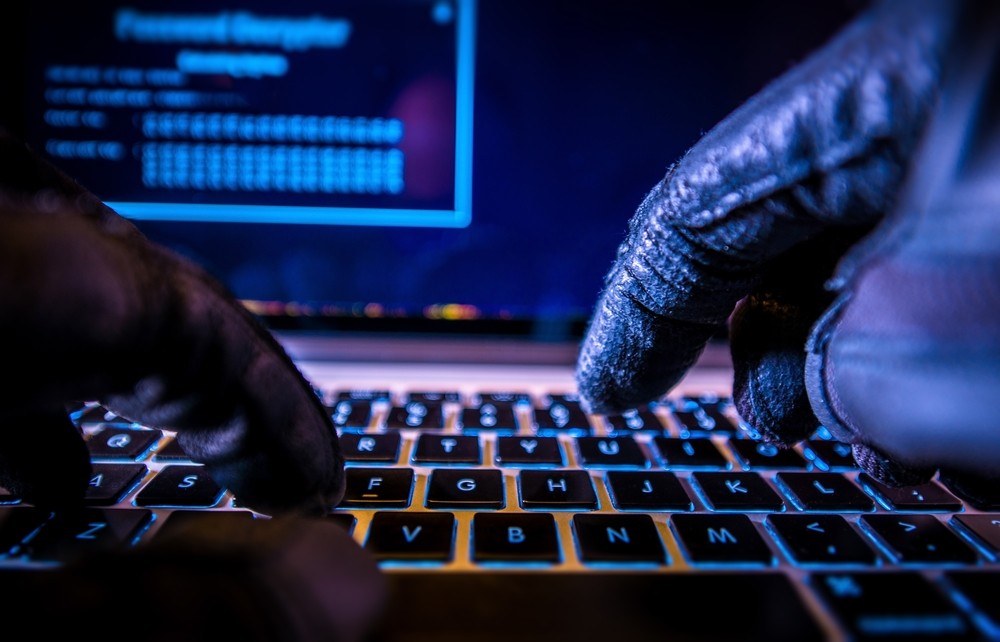Key Takeaways
• The Cancel the Hate app leaked emails and phone numbers of its users.
• It aimed to out critics of Charlie Kirk but exposed personal data instead.
• A security researcher called “BobDaHacker” found the flaw.
• After reporters asked questions, the app was removed from the internet.
• Professors and other professionals faced online harassment due to the app.
The Cancel the Hate app promised to make people “accountable” for their public words. Instead, it exposed its own users. In mid-September, the app suddenly vanished after reporters pressed its creators for answers. Now we know it leaked private details like email addresses and phone numbers. Many of the app’s users joined to report critics of conservative commentator Charlie Kirk. Yet the tool meant to punish others ended up punishing its supporters.
Why the Cancel the Hate App Sparked Outrage
First, the Cancel the Hate app asked users to share their own data. It then said it would hide those details. However, a flaw in the code let anyone see private profiles. Even if someone toggled privacy off, emails still appeared. Phone numbers were also at risk. The security researcher “BobDaHacker” revealed this weakness to the public. Once the app’s creators faced questions, they pulled it offline.
How the Cancel the Hate App Collected and Exposed Data
The app invited loyalists to “express concern” about left-leaning individuals. It asked for a target’s name, location, and employer. Users sent in screenshots or links to social posts. They hoped to build a list of people to dox. Yet the real doxing came back at the users. Because of the bug:
• Email addresses in profiles showed by default
• Phone numbers could be scraped even if hidden
• Location data might link to a home or office
• Profile pictures and bios became public
Thus, instead of hiding personal details, the Cancel the Hate app made them public. This breach affected anyone who downloaded or signed up.
Who Created the Cancel the Hate App and Why
Behind the Cancel the Hate app stood a mix of public figures. Comedian Roseanne Barr, vaccine skeptic Dr. Robert Malone, right-wing reporter Lara Logan, and activist Jason Sheppard all endorsed the tool. They claimed it would serve “transparency” and stop harmful speech. A disclaimer even said no one should be harassed or harmed. Yet the app’s design encouraged users to single out people for criticism. In some cases, it targeted:
• Medical professionals over their public views
• Professors and teachers who spoke about Charlie Kirk
• Public officials and business owners
• Influencers and entertainers
As a result, at least 60 academic workers faced retaliation. The American Association of University Professors noted dozens of cases where comments about Mr. Kirk led to online attacks.
Impact on Educators and Free Speech
Faculty First Responders helps teachers who suffer harassment online. Its director, Heather Steffen, reports that 35 educators needed support after the Cancel the Hate app campaign. Many were professors whose remarks about Charlie Kirk circulated in right-wing media. Some faced calls to fire them or public shaming on social platforms. In this way, the Cancel the Hate app fueled a wave of anti-free-speech activity on college campuses.
Why Reporters Forced the App to Disappear
Once Straight Arrow News and other outlets asked tough questions, the app creators snapped it down. They did not post an official denial or apology. Instead, the Cancel the Hate app simply vanished. No more downloads or sign-ups. Yet, by that time, the leaked data likely landed in hands of unknown actors. Anyone who grabbed copies of the exposed emails or phone lists could misuse them for spam, scams, or harassment.
Lessons from the Cancel the Hate App Leak
1. Never trust apps that demand personal data without clear safeguards.
2. Always check privacy settings and test them before sharing sensitive info.
3. Watch for reports from security researchers like BobDaHacker.
4. Think twice before joining campaigns aimed at shaming others.
Transparency is vital, but safety should come first. The Cancel the Hate app claimed it wanted openness. But it ended up revealing its users instead.
What’s Next for Those Affected
Users who signed up for the Cancel the Hate app should:
• Change passwords tied to any leaked emails.
• Monitor bank and social accounts for unusual activity.
• Enable two-factor authentication where possible.
• Consider credit monitoring if phone numbers were exposed.
Moreover, educators and professionals targeted by doxxing campaigns should seek support from groups like Faculty First Responders.
How to Stay Safe Online
Always use strong, unique passwords. Update them regularly. Limit the personal details you share on any app. If a new platform asks for data, read its privacy policy carefully. Look for security audits or independent reviews. Finally, be wary of apps tied to political or harassment campaigns. They may promise one thing but deliver harmful results instead.
FAQs
What was the main flaw in the Cancel the Hate app?
A security bug let anyone view private fields like email addresses and phone numbers, even when users hid them.
Who discovered the Cancel the Hate app leak?
A security researcher known as BobDaHacker found the flaw and made the leak public.
Which groups did the app target?
It focused on critics of Charlie Kirk, including professors, medical professionals, public officials, and influencers.
What should affected users do now?
They should update their passwords, enable two-factor authentication, monitor accounts, and consider credit monitoring if needed.
